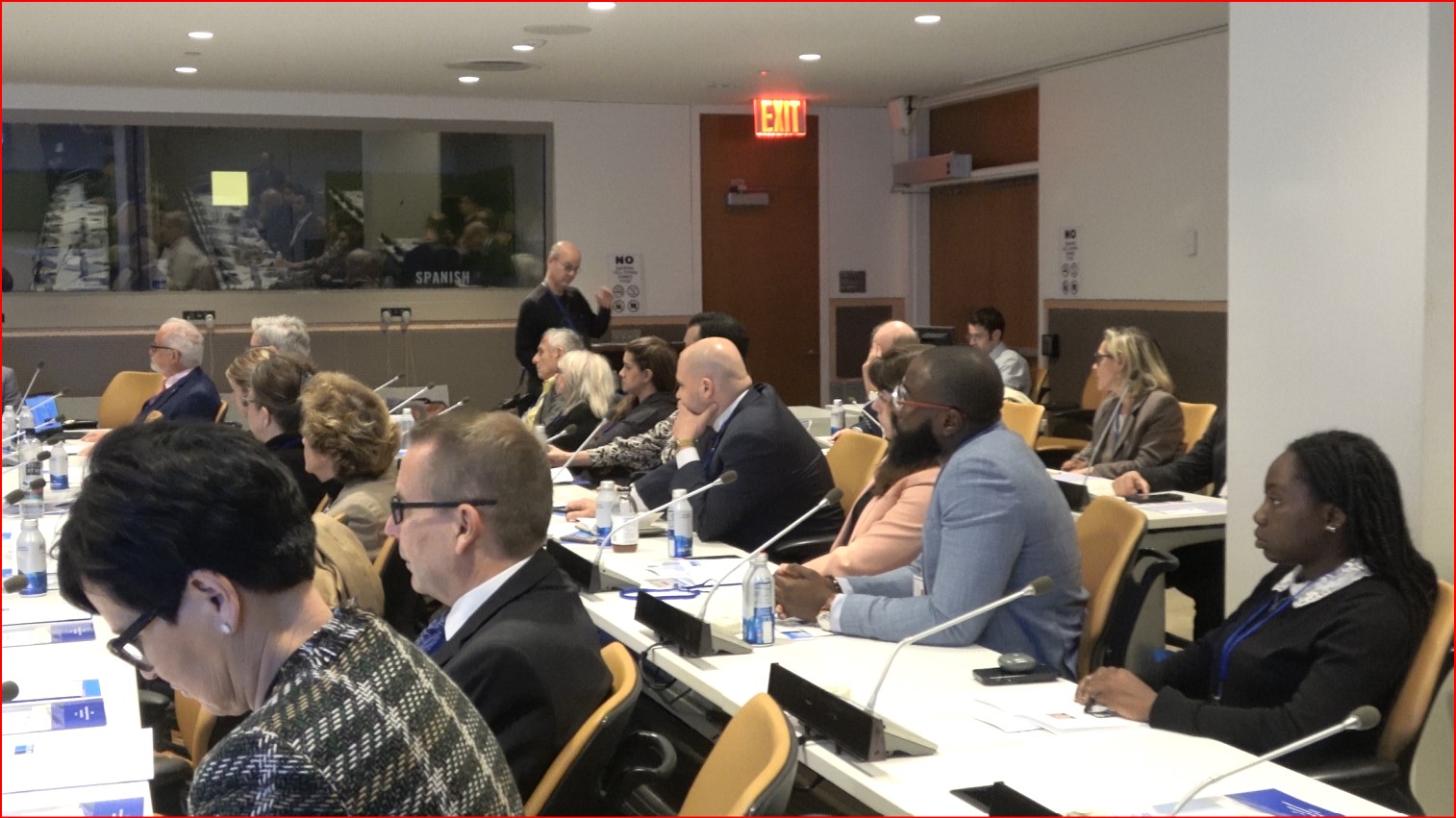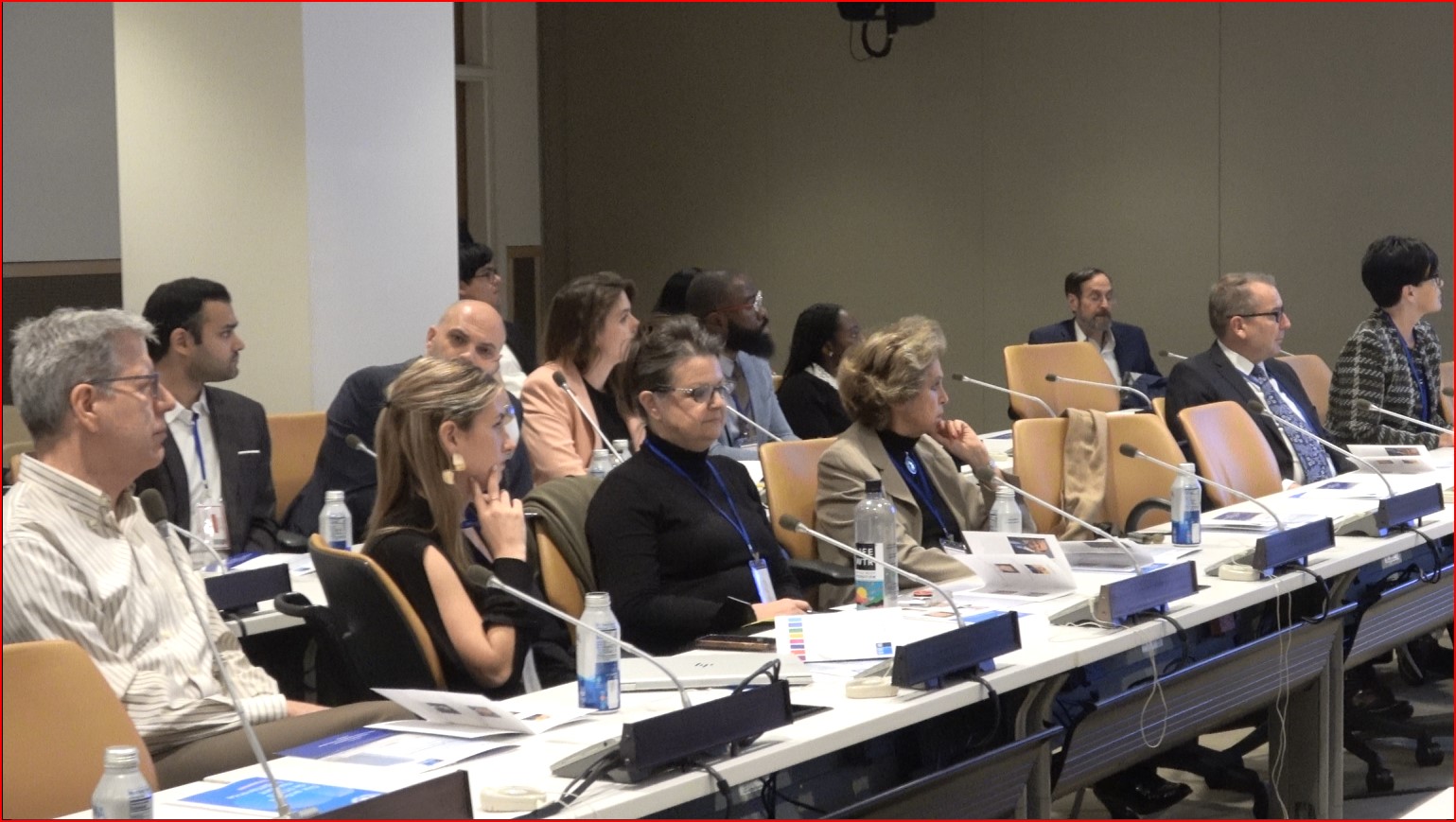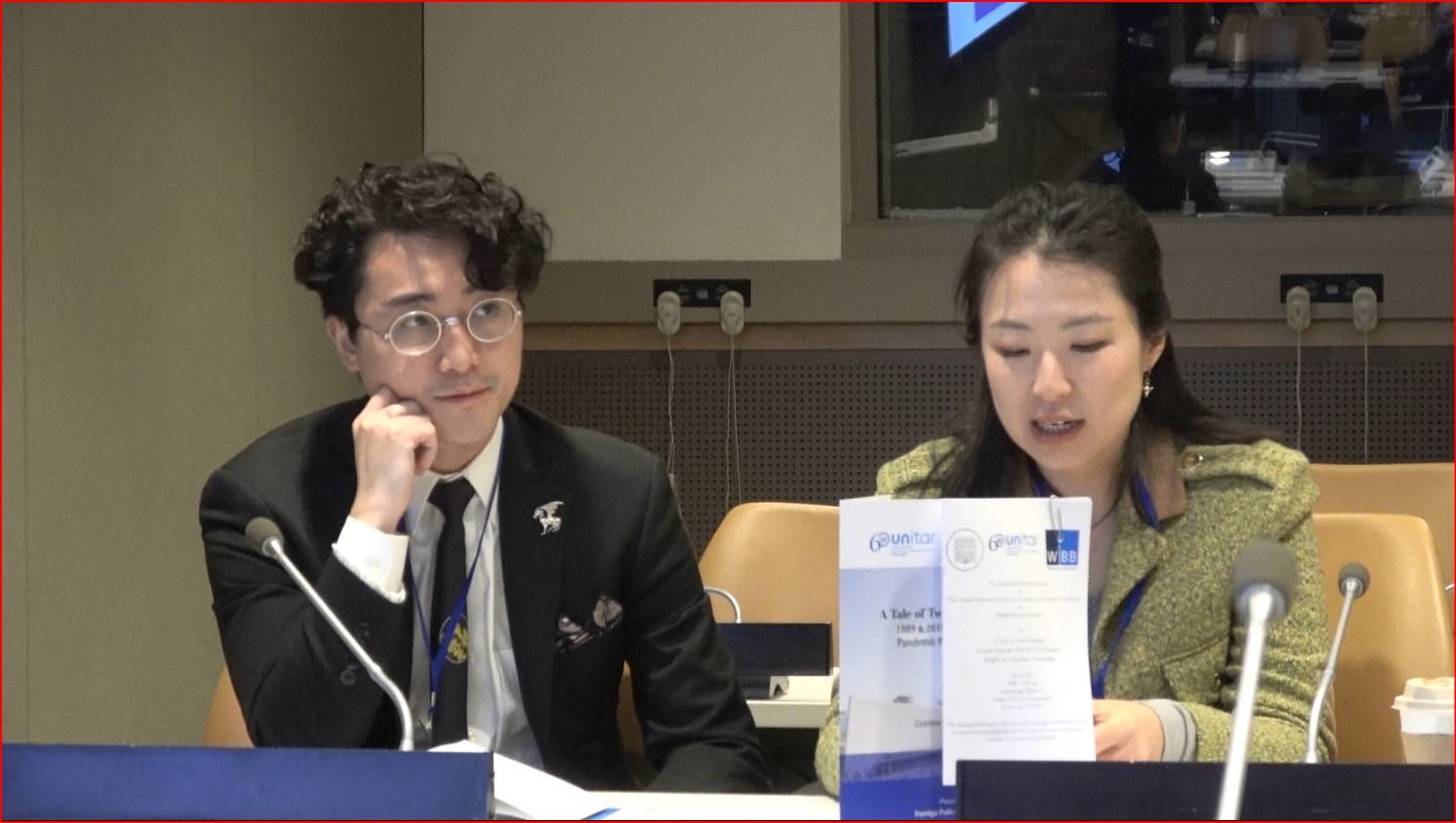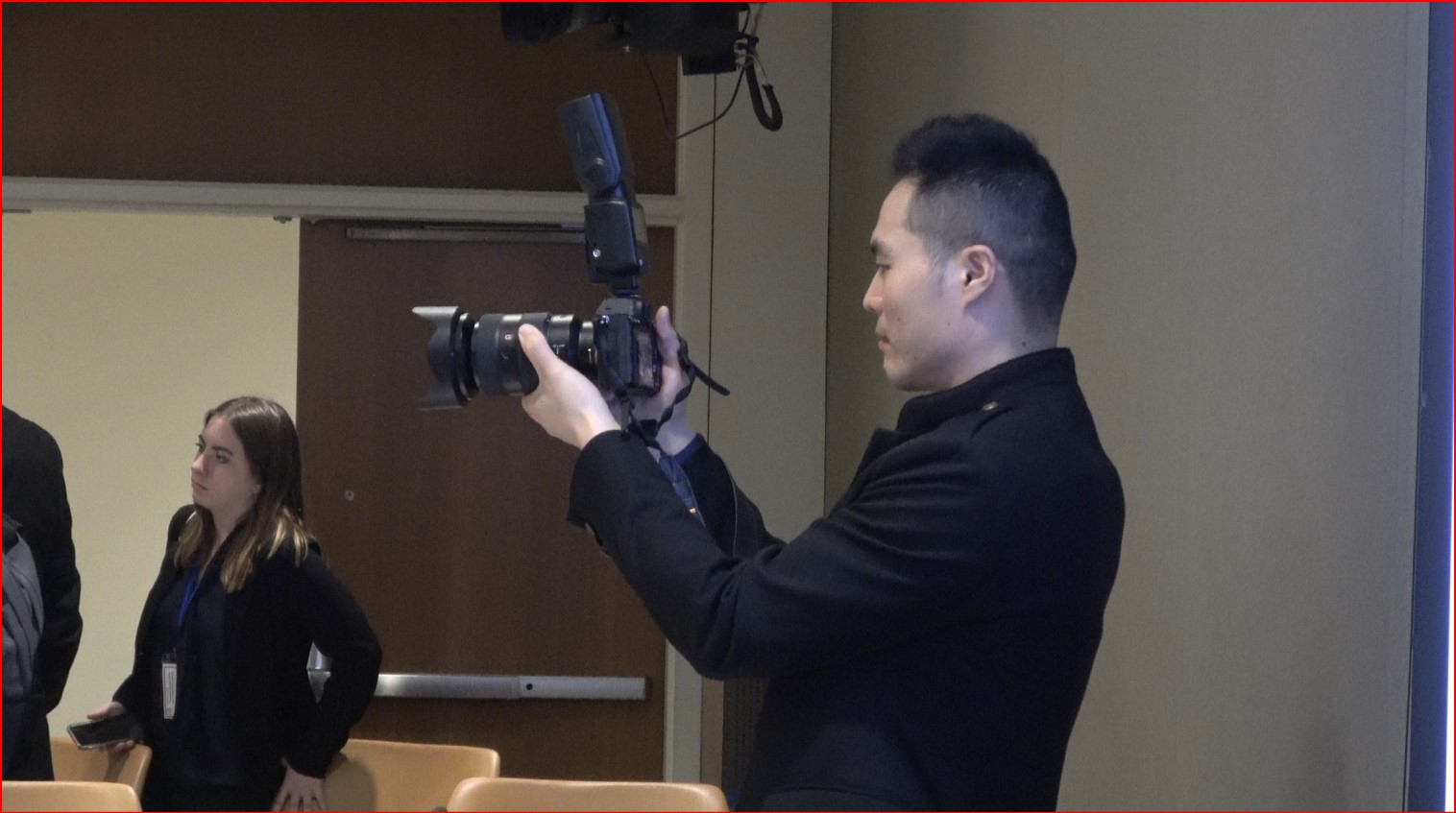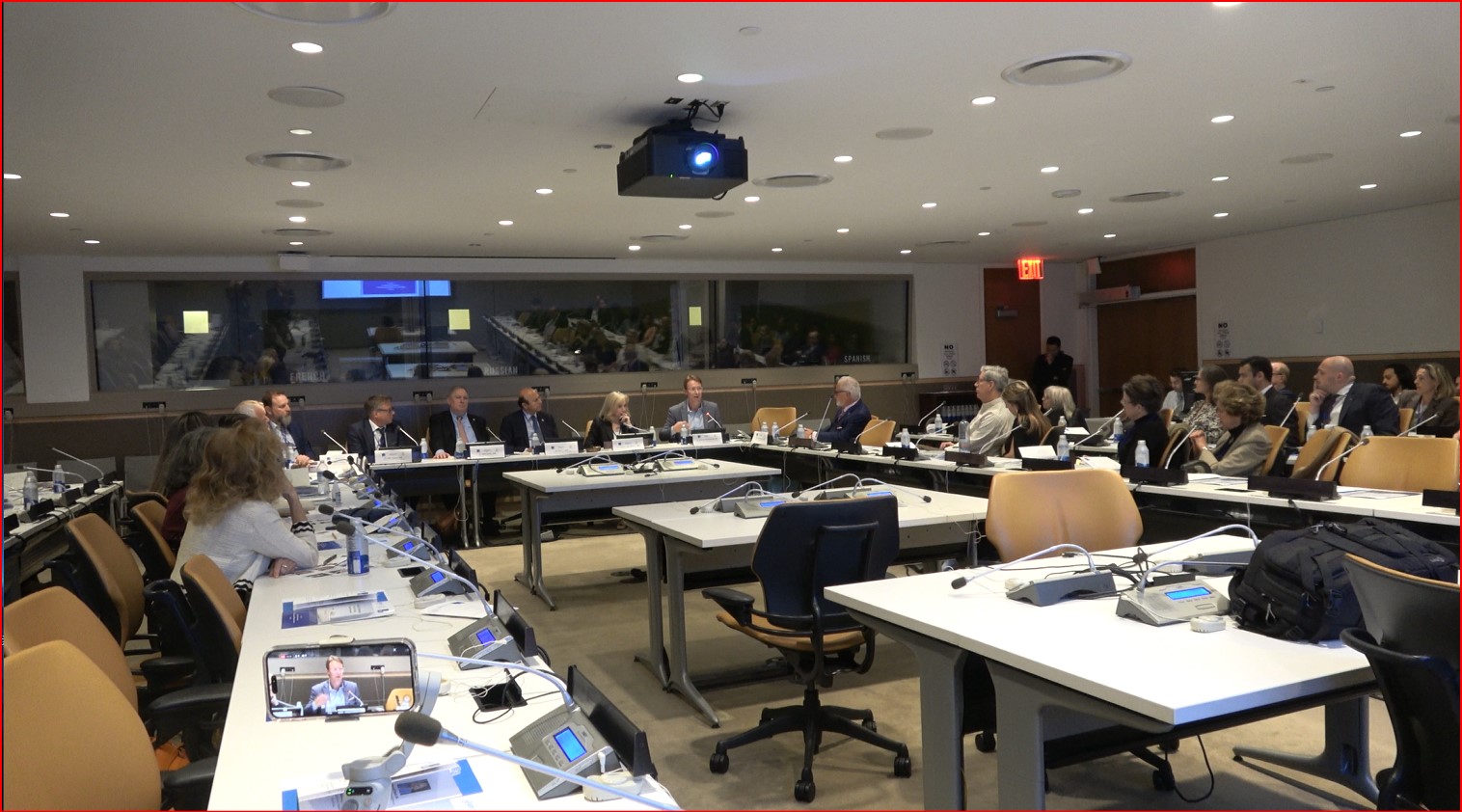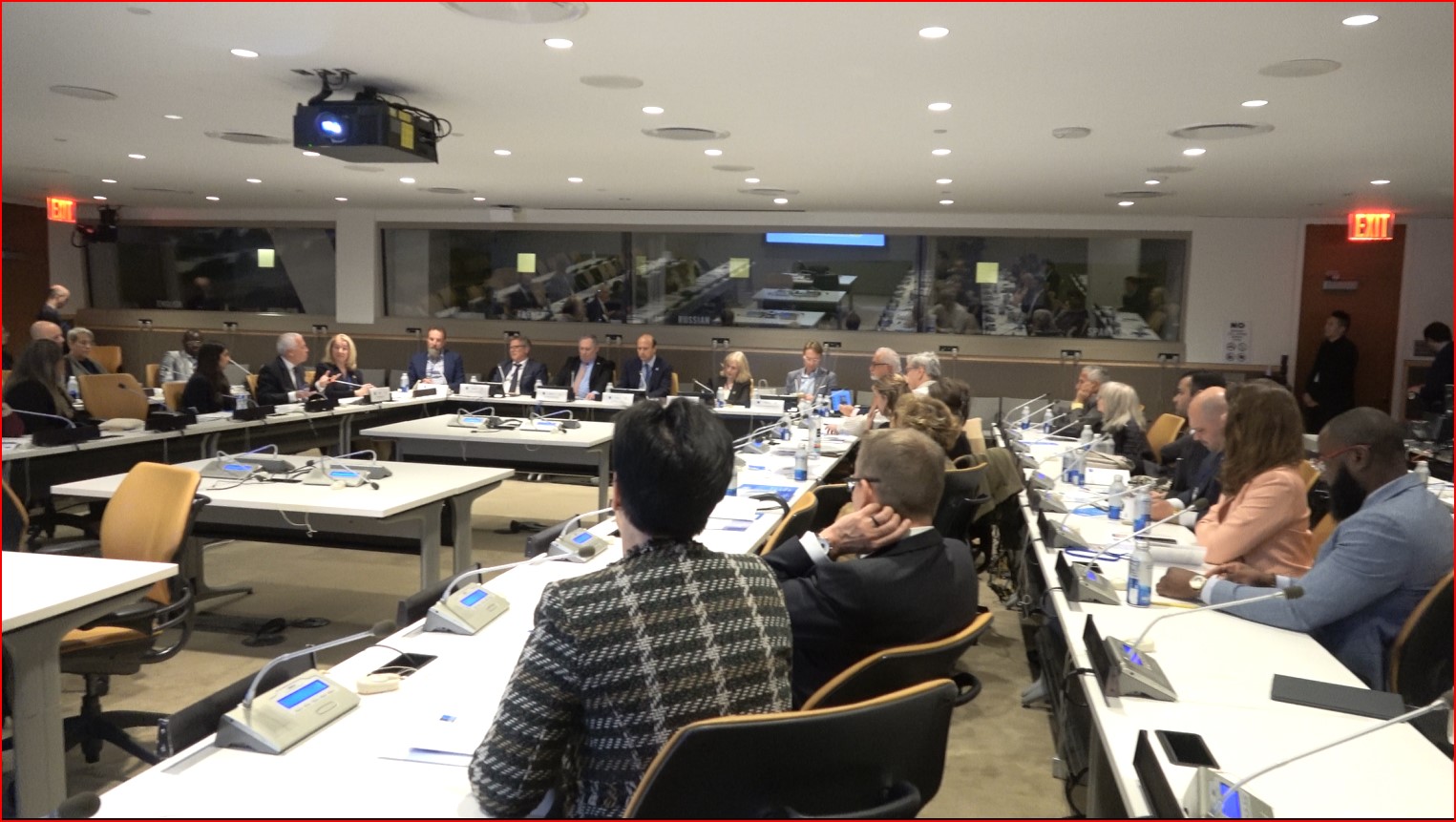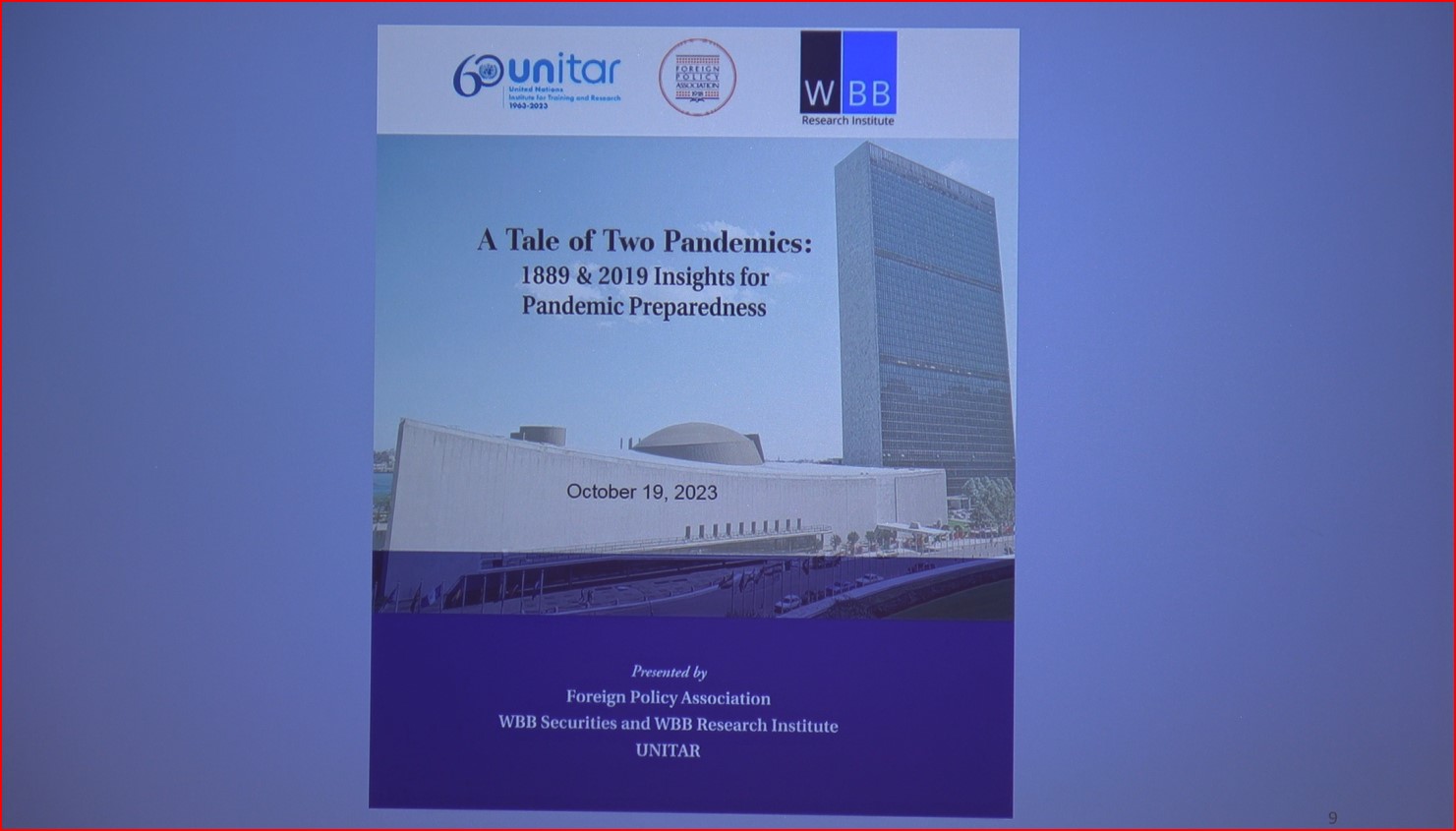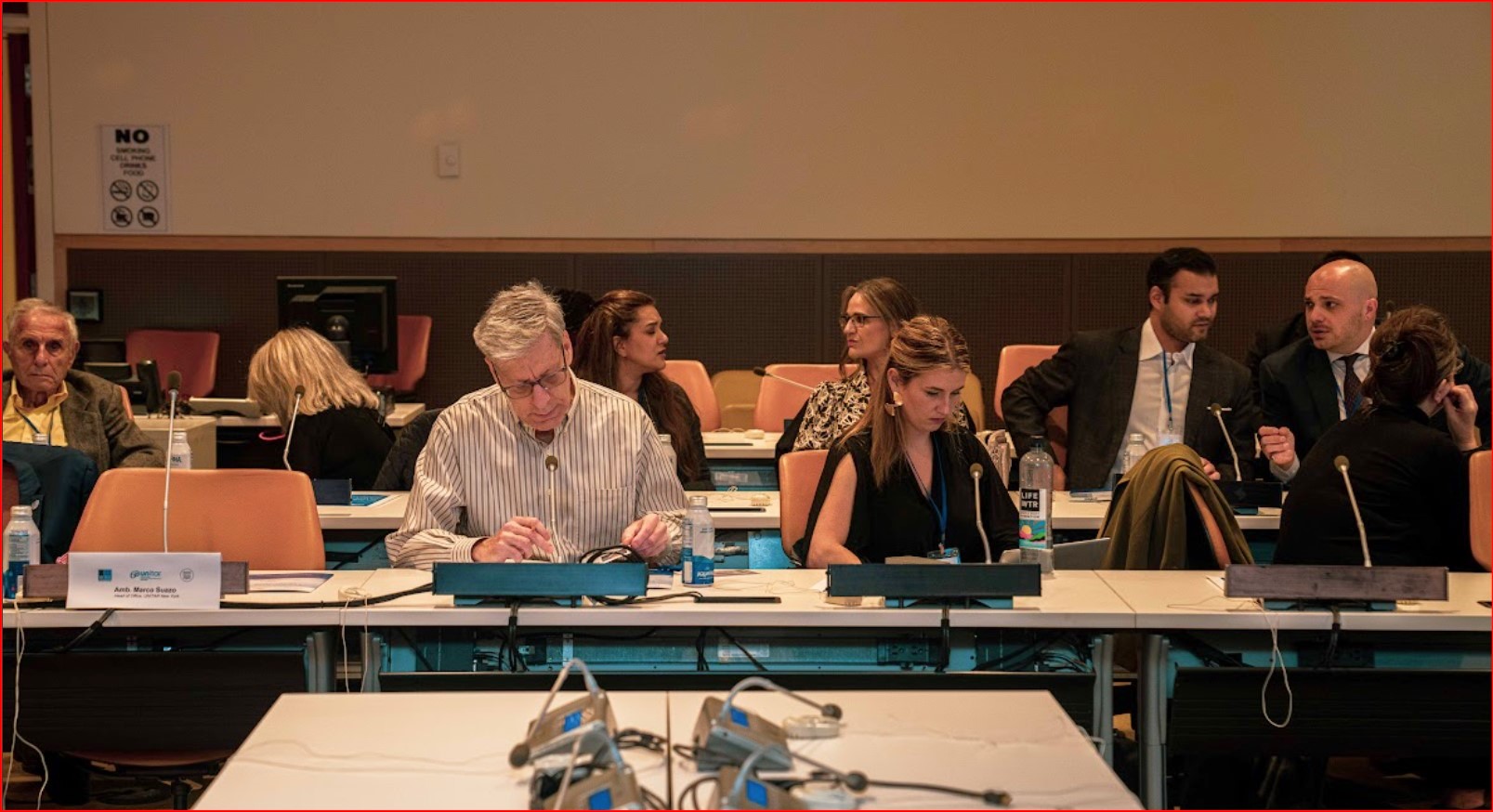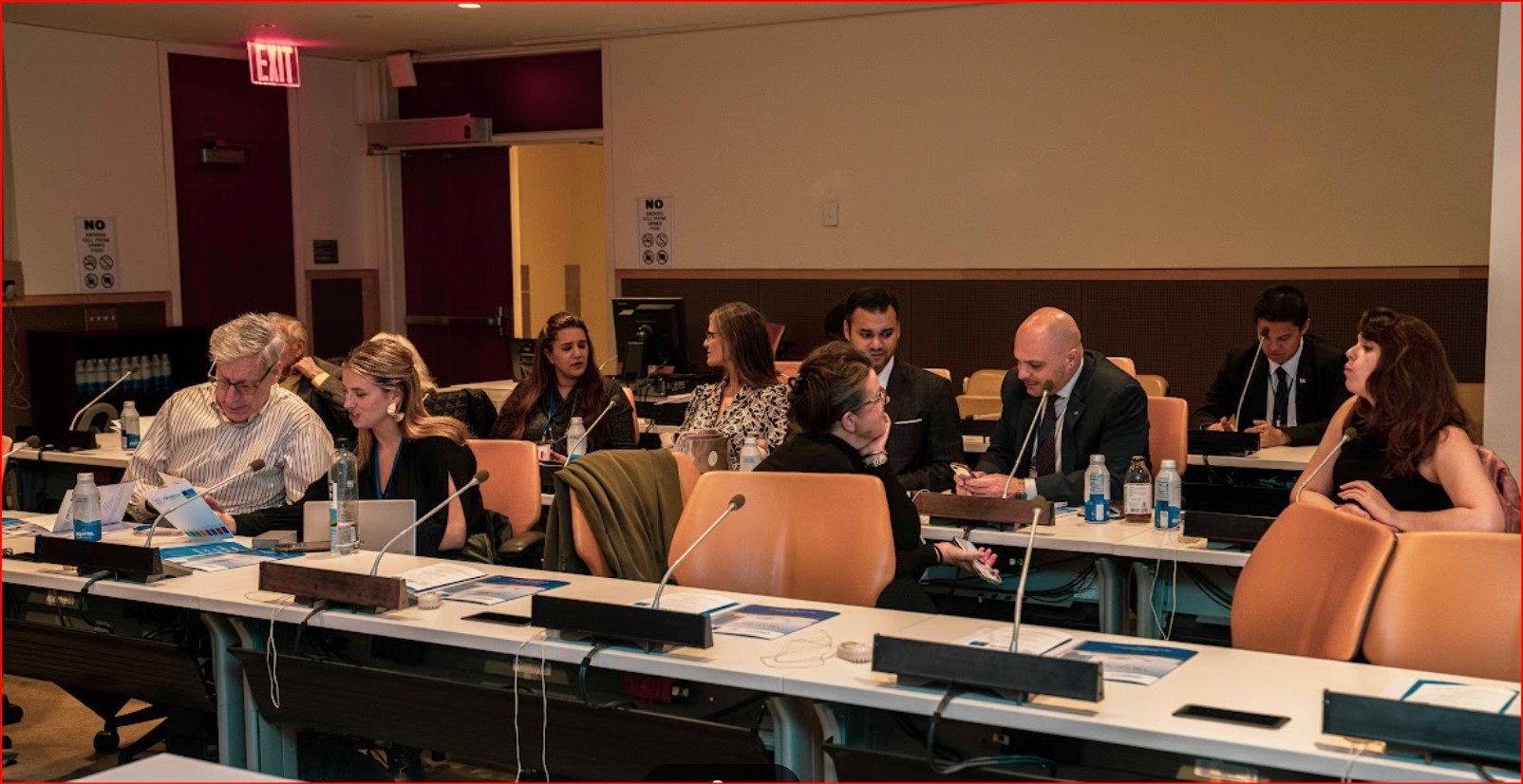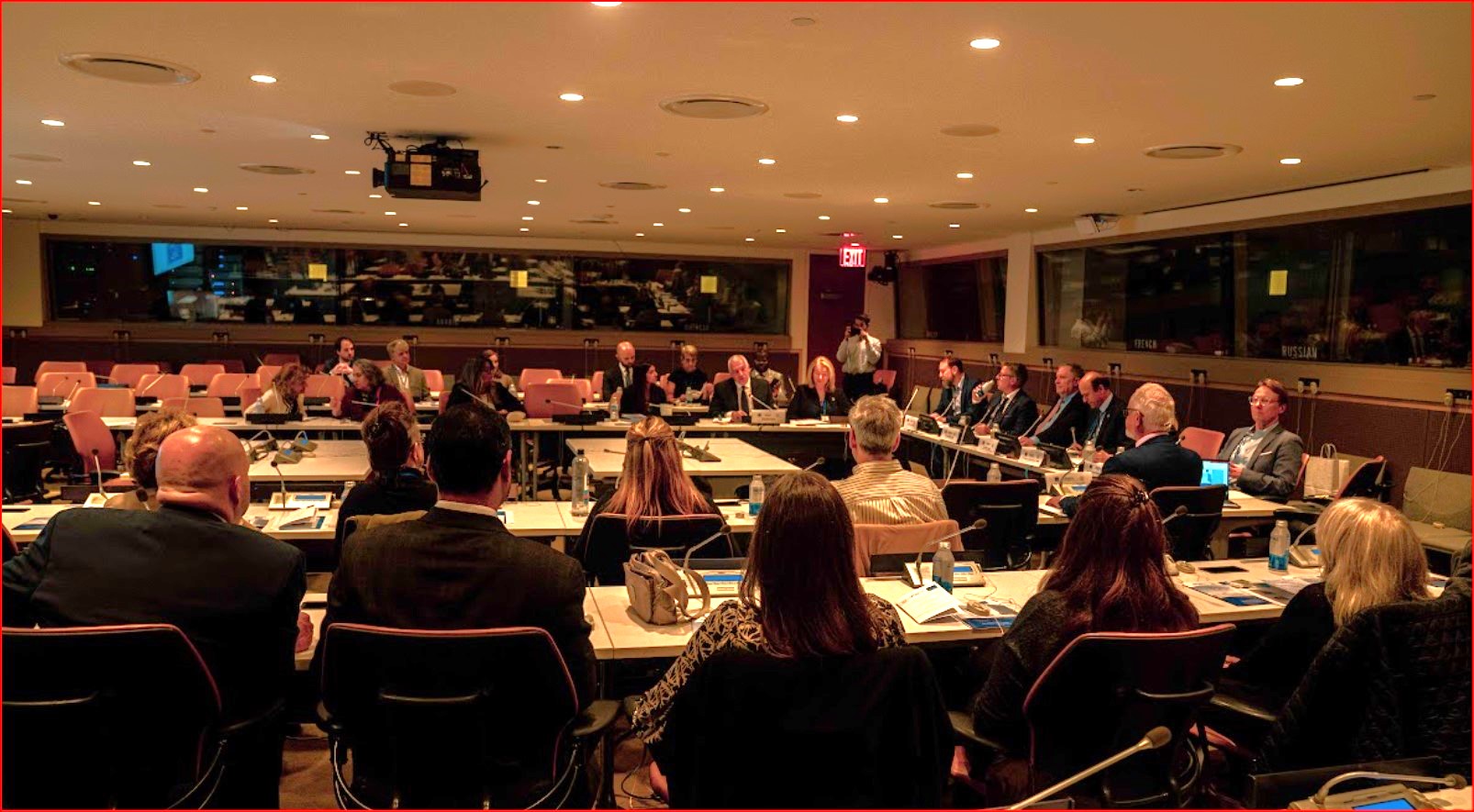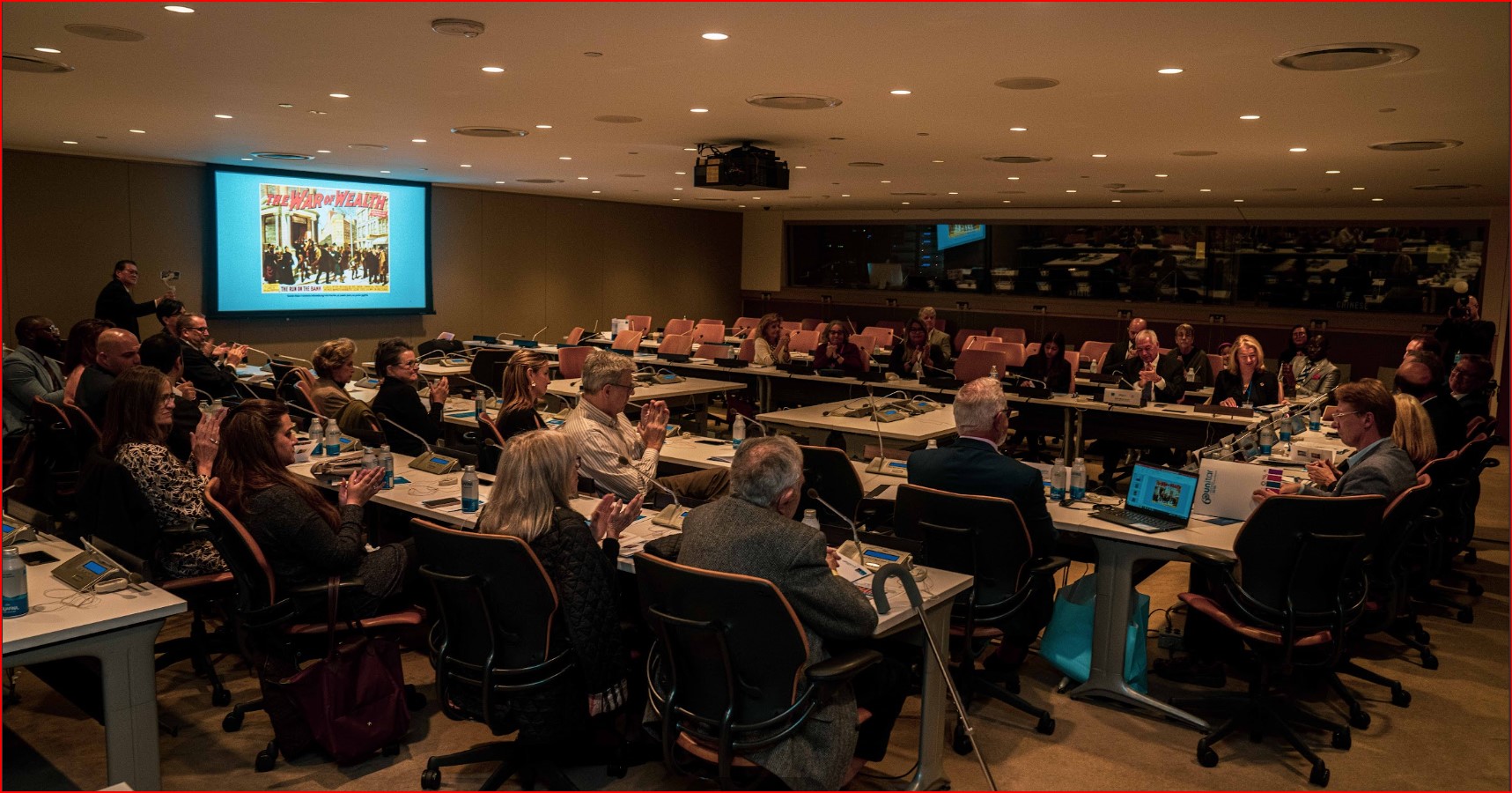Editor's Note: At a critical moment in our history, the international community is experiencing an unprecedented health crisis. From the Russian flu of 1889 to COVID-19 in 2019, pandemics pose a significant threat to global society and the economy. Against this backdrop, the Foreign Policy Association, in partnership with the United Nations, offers valuable lessons for addressing potential future health crises by reviewing history.
Before the outbreak, there was no war between nations. Instead, a small, invisible, unpredictable virus threatened nearly all governments, regardless of their systems or political nature. Regrettably, the Foreign Policy Association was one of the first organizations to warn that this situation could arise. "In a globalized world, the risk of infectious disease transmission cannot be ignored," the Foreign Policy Association wrote at a forum in 2000.
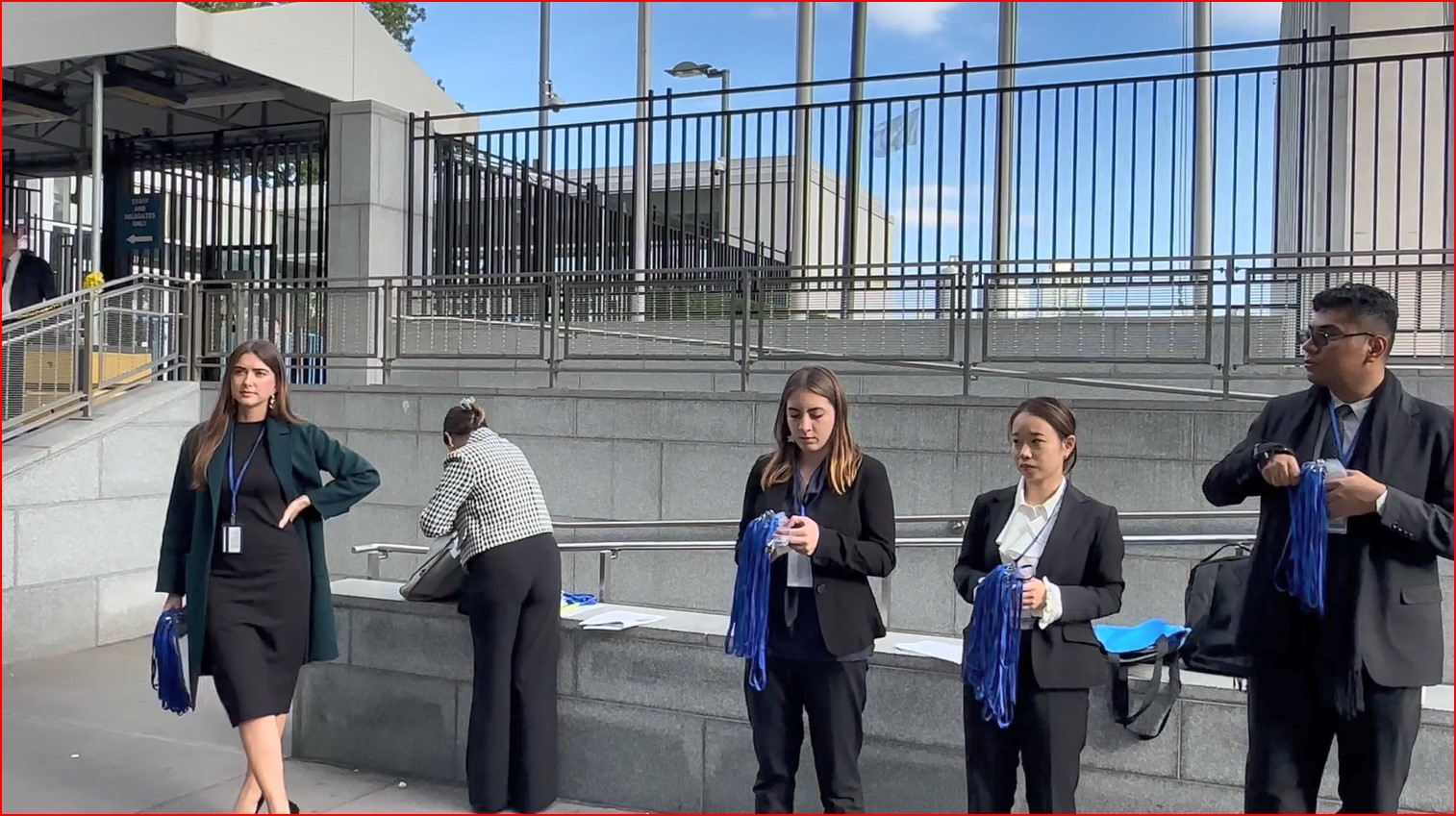
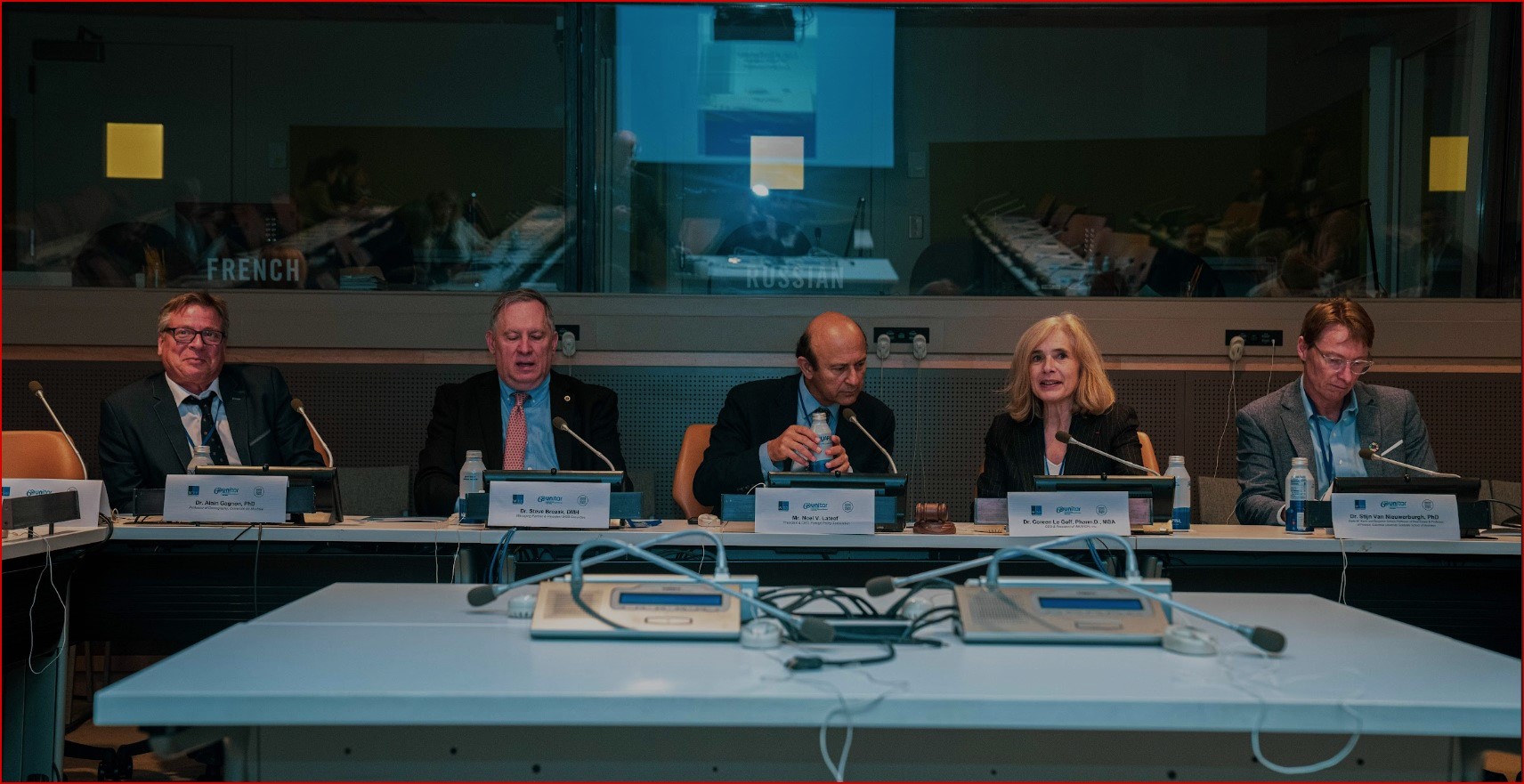
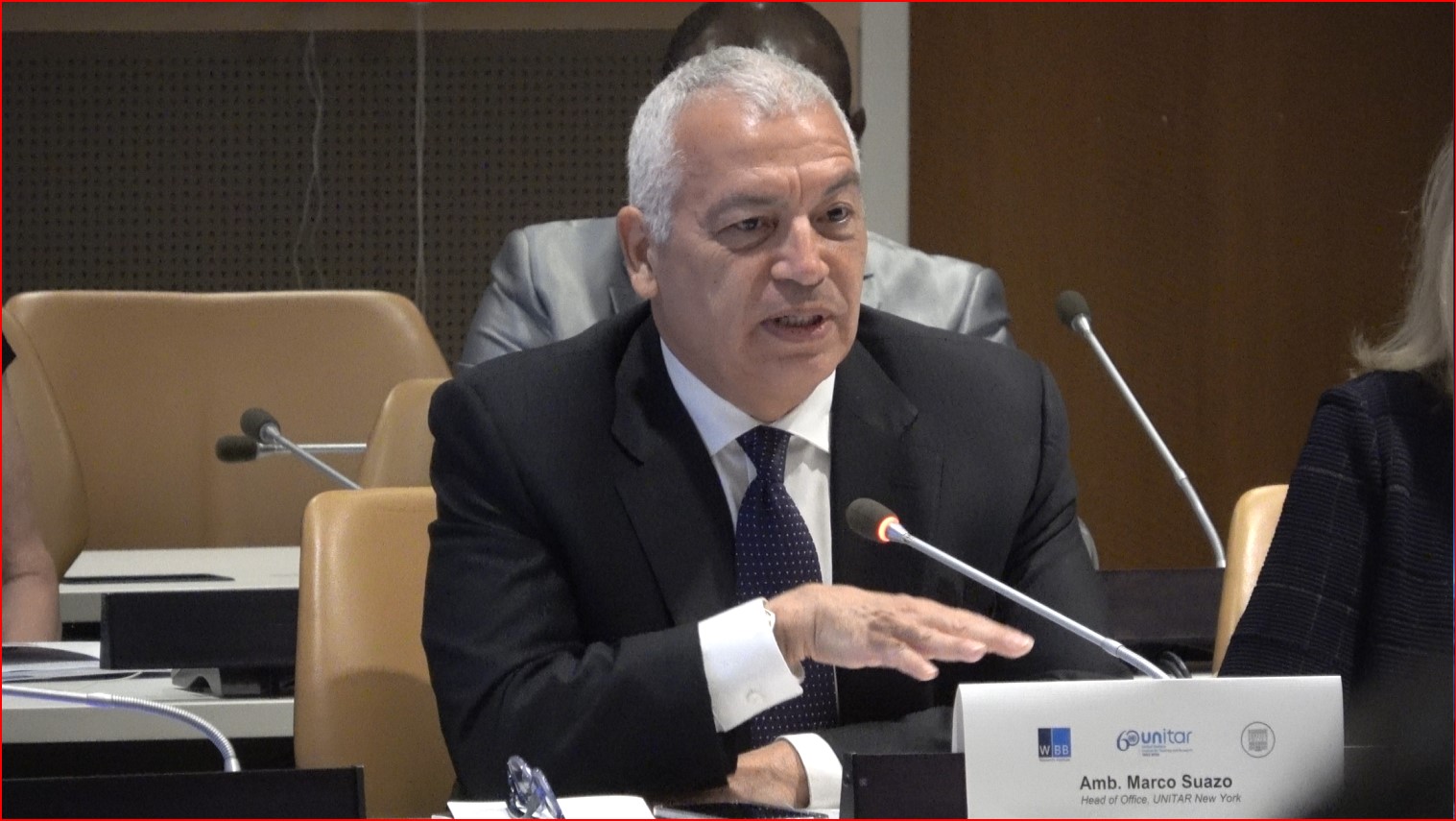
Ambassador Marco Suazo told us in his opening remarks, "Just have your ID ready," a statement that is more than a simple reminder but a call to global citizens to realize that everyone plays a crucial role in this global fight. We are proud to collaborate with an international organization like the Foreign Policy Association to tell the story of the pandemic and highlight the UN's central role in global health affairs.
The Head of UNITAR New York Office Marco Suazo said, "During the 77th United Nations General Assembly, the Assembly President Cha Korosi successfully negotiated and appointed ambassador-level coordinators, an action that yielded eight major outcomes, three of which are directly related to the pandemic prevention we discuss today. These policy documents, approved at a high-level meeting, signify the international community's determination to combat pandemics."
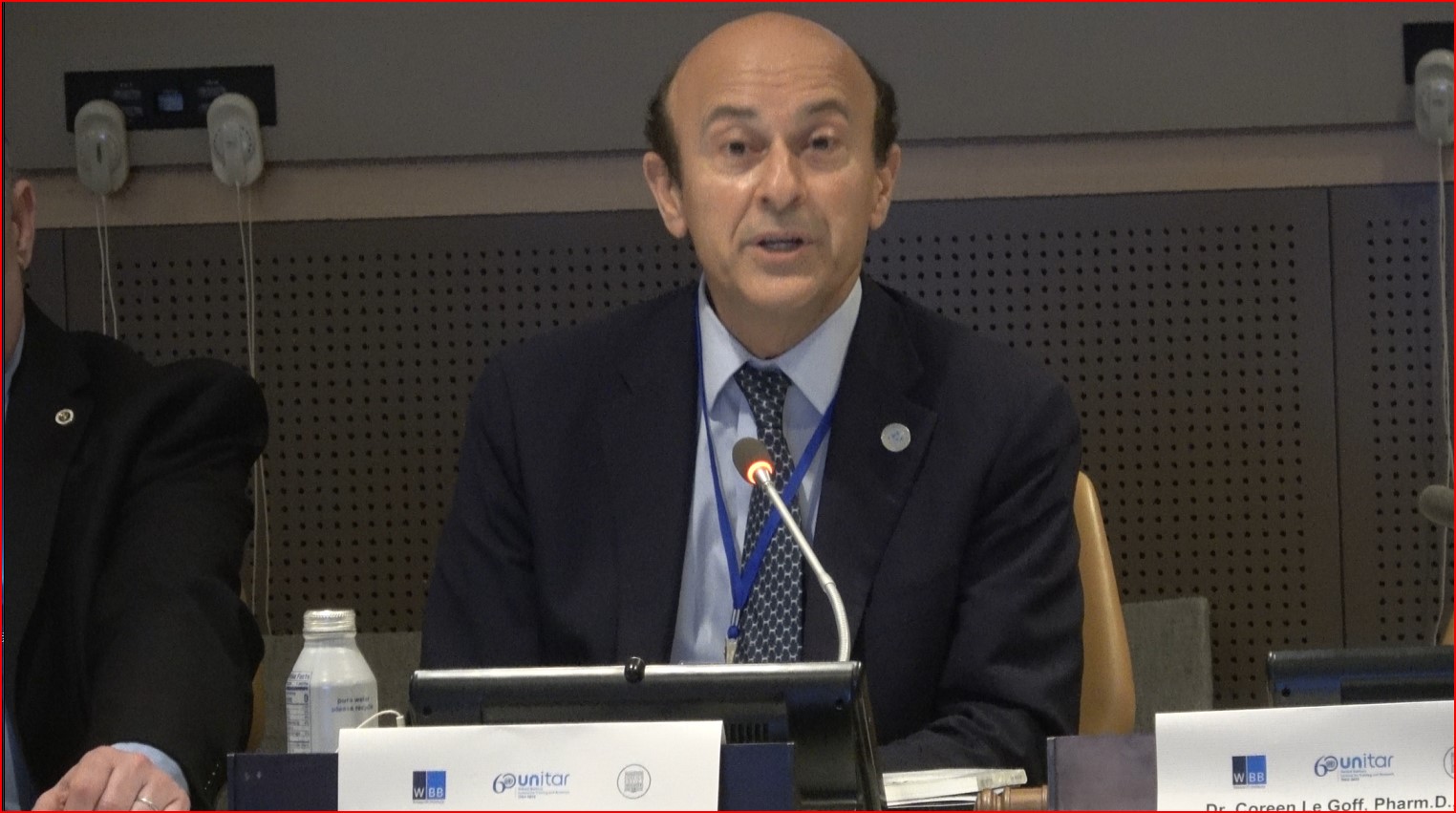
Noel V. Lateef, the longest-serving president of the Foreign Policy Association, noted in his speech that the second year of the Association's establishment was marked by an influenza pandemic, resulting in the deaths of 20 million people worldwide, including 500,000 Americans, a death toll exceeding that of the entire World War I. FBA members are very interested in global health issues, and opinion polls consistently show that this is a topic of interest. I believe that a grassroots approach to this issue could have significant benefits, most importantly, redefining the priority of health issues in the formulation of American foreign policy. This meeting will be recorded and edited for distribution."
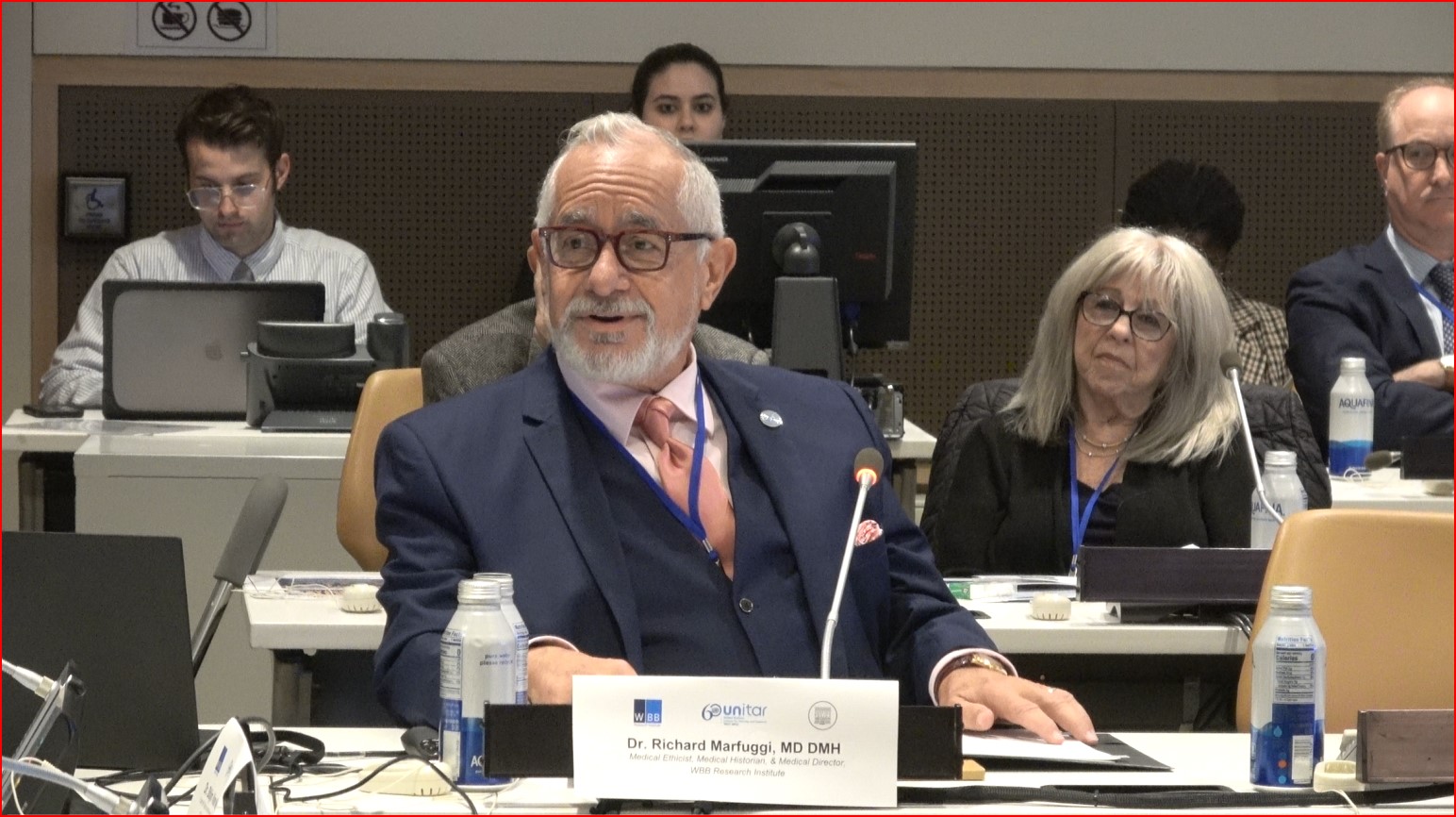
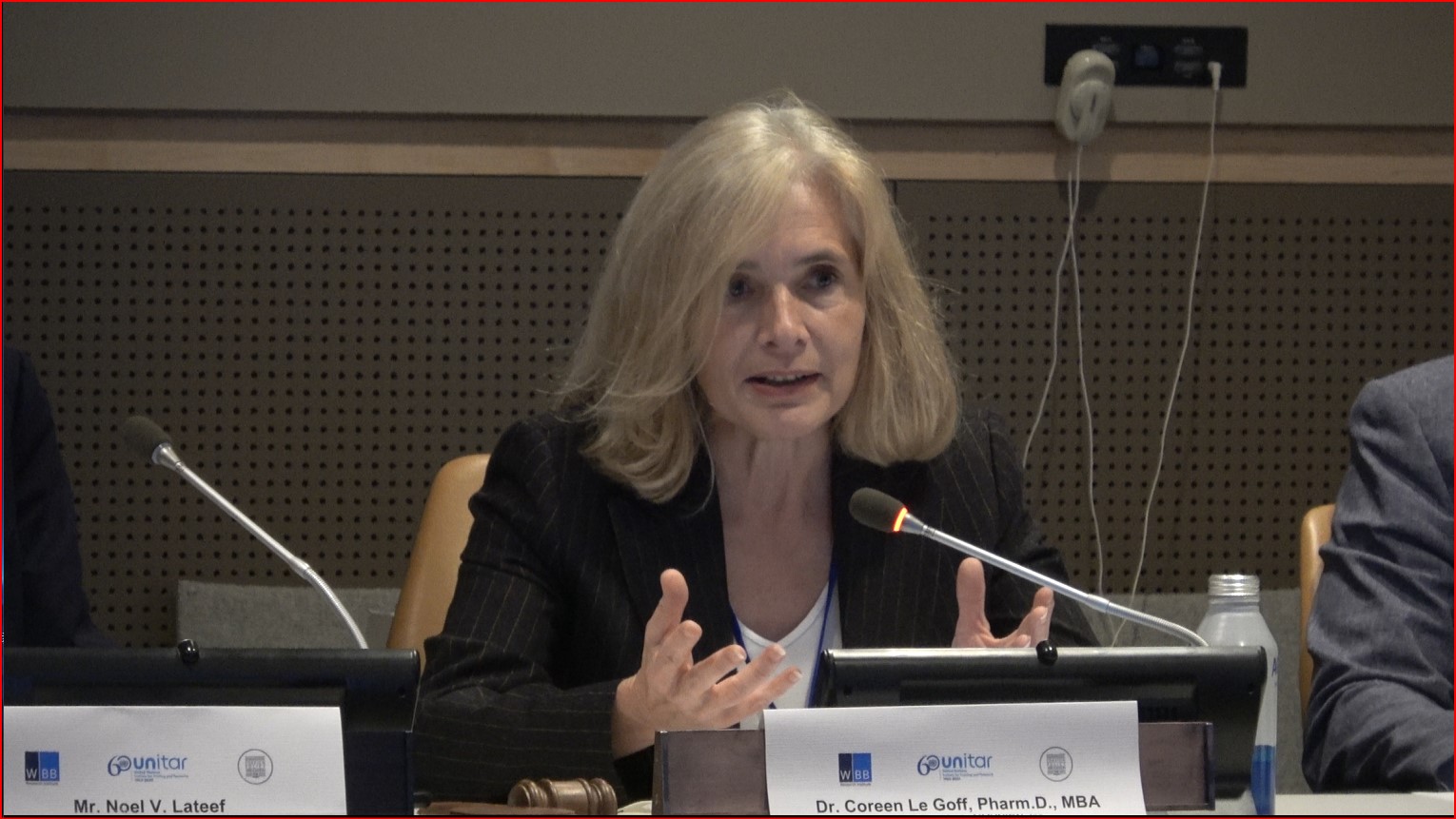
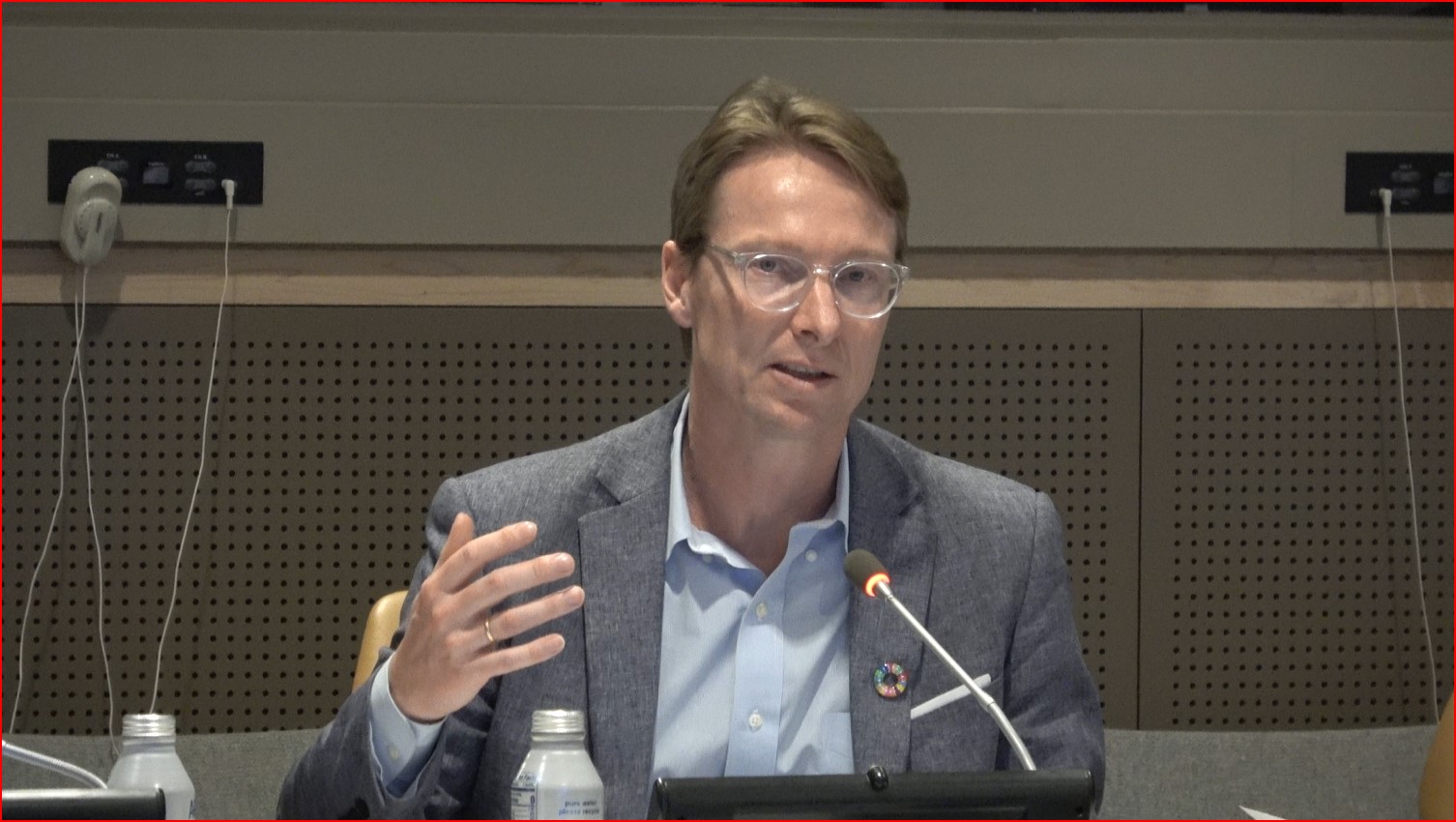
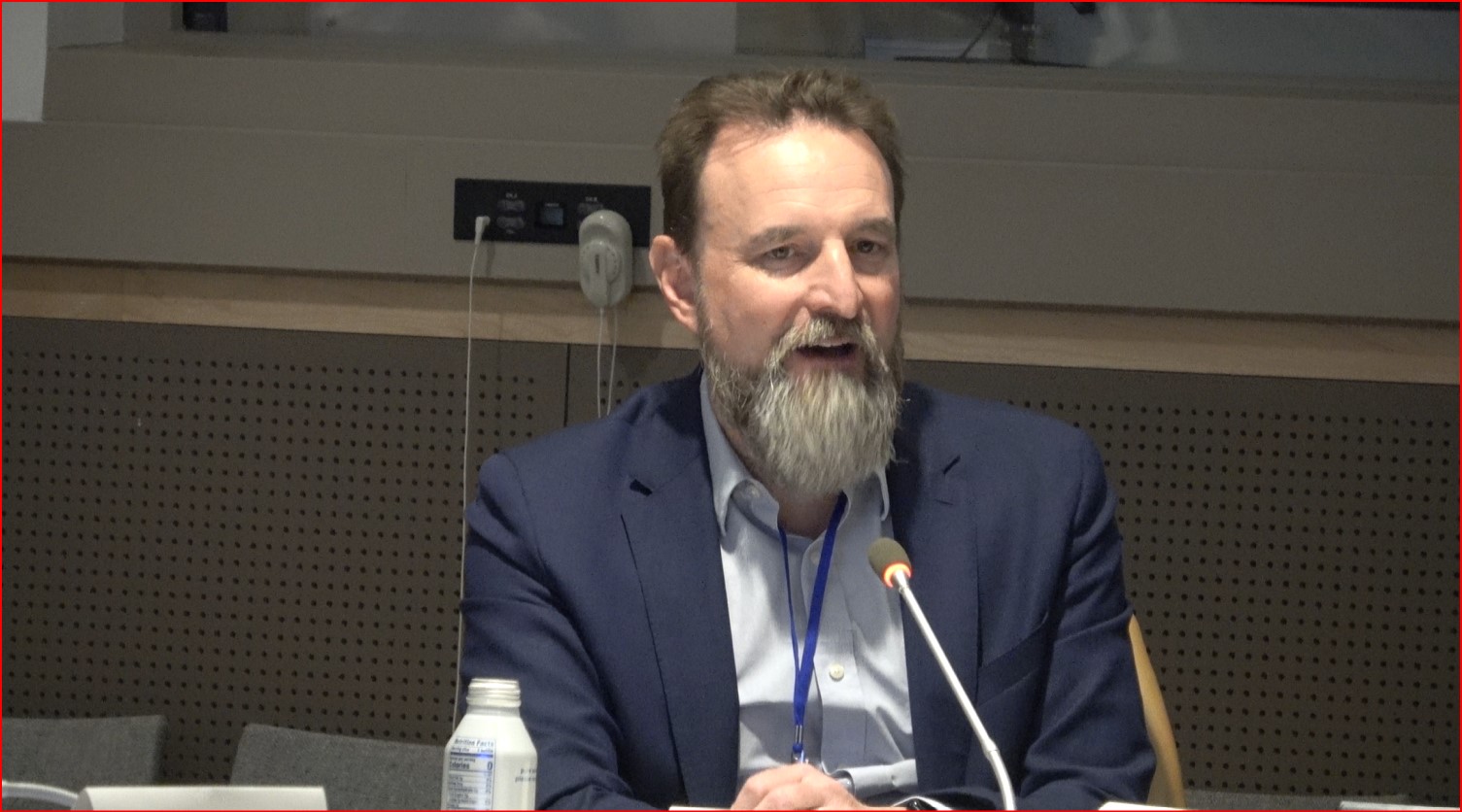
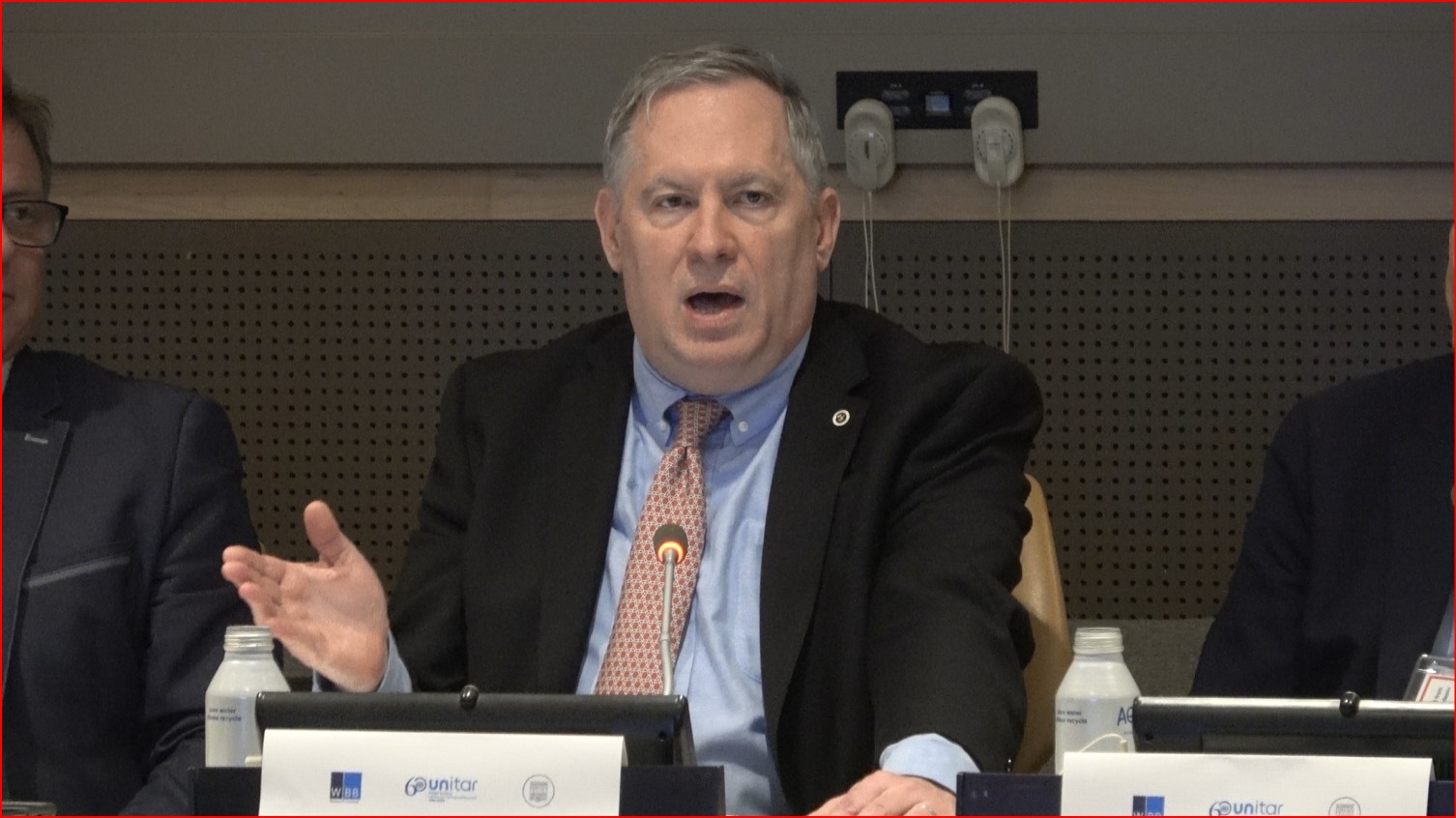
Infectious disease experts and scholars attending the meeting, including Dr. Le Goff , Dr. Marfuggi ,Stijn Van Nieuwerburgh,Gregory Wawro (Ph.D., Cornell, 1997)provided scientifically grounded insights into the two pandemics and the lessons that should be learned.
These experts and scholars reached a consensus: telling the story of the pandemic is crucial for the United Nations. This meeting should serve as a model worth promoting, through the joint efforts of the heads of government of 193 member countries and experts and scholars in infectious diseases, to prevent a potentially larger outbreak of infectious diseases in the future.
